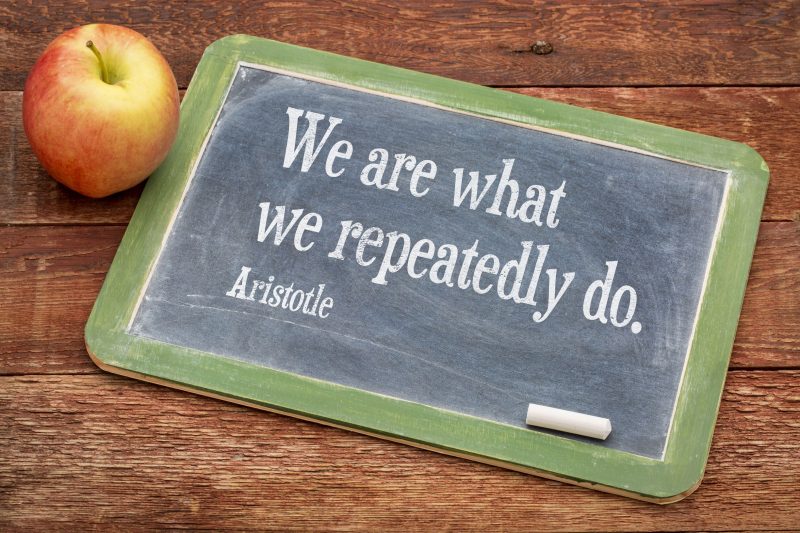
Making resilience routine: how a crisis has the power to lead to behavioural change
By Carolyn Quainton in Communication, Emotional Intelligence, Resilience, Training, Values
Crises as catalysts for change
The global pandemic threw organisations into chaos, disrupting routines and straining resources. While this period has tested our limits, it also offers a powerful opportunity: crises can act as springboards for positive, lasting change.
Rahm Emanuel, then Chief of Staff to President Obama during the 2008 financial crisis, famously said, “You never want a serious crisis to go to waste.” He recognised that a crisis compels people to pay attention and embrace change. Author Charles Duhigg echoes this in his work on the power of a crisis, arguing that strong leaders harness these moments to reshape organisational behaviour.
Understanding the habit loop
In a previous post, we explored the habit loop, a three-step cycle of cue, routine and reward. These loops drive much of our behaviour, often without conscious thought. That’s what makes bad habits so persistent, and also what makes them powerful tools for transformation.
When organisational habits become harmful
Most companies run on ingrained routines, shaped over time by thousands of individual decisions. These organisational habits help teams function efficiently, but some habits undermine workplace wellbeing and foster a toxic culture.
Now is the ideal time to re-evaluate these patterns. We must ask: are our habits supporting our values, or sabotaging our people?
For employees facing high-stress roles or uncertain times, traits like resilience, self-discipline and emotional intelligence are vital. Yet even the most motivated individuals struggle when fatigue sets in. On those tough days, we lose focus, snap at colleagues, or feel tempted to give up.
Turning resilience into a habit
Fortunately, we can train our brains to manage these reactions. By changing one habit at a time, we start to build willpower and resilience into our daily routines. Choosing to tackle your task list, prioritise wellbeing, or stay composed in a tense meeting strengthens your ability to self-regulate – and that discipline spreads across your life.
Starbucks provides a compelling example of resilience training in action. The company introduced a programme to help customer-facing teams develop self-discipline and emotional control. Staff practised how to respond to challenging customer scenarios by identifying likely cues (like a complaint) and preparing appropriate responses (the routine). Over time, this strategy built emotional resilience and helped staff manage difficult interactions with confidence and calm.

The reward? Agency and ownership
Crucially, Starbucks didn’t just tell employees what to do, they invited them to shape their own responses. This approach fostered a sense of autonomy and ownership. When employees resolved customer issues calmly, they felt a sense of pride and control. Over time, willpower and emotional intelligence became part of the organisational culture – habits that not only improved customer service but also enhanced staff wellbeing.
Embedding resilience in organisational culture
When we embed resilience and self-discipline into our organisational routines, we make life easier for our teams. By standardising positive behaviours, we reduce the mental load on employees. They spend less energy deciding how to respond in stressful moments – and more on creative problem-solving, collaboration, and growth.
When we get the habits right, there’s very little we can’t achieve.
Talk to us, explore our website, read our blog, and follow us on LinkedIn to learn more and discover ways to grow a more successful business.


